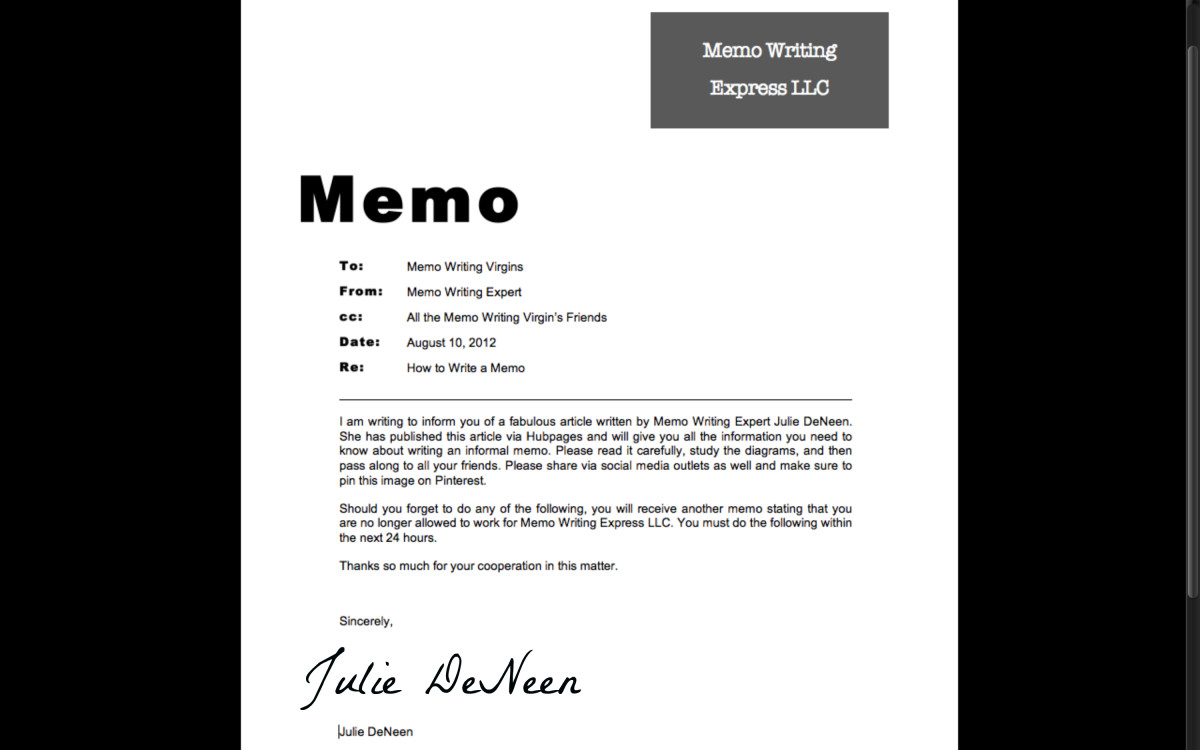How to Control Emotion in Writing Properly



Emotional writing is a type of cathartic writing that allows the writer to release any pent up feelings onto the page. Anger and sadness dissipates once your emotions leave you. You feel less inclined to punch a hole in a nearby wall or drink yourself into a stupor. In my opinion, writing is the best form of therapy because it's a free form outlet that lets everything hang out so to speak. You can be yourself without wondering how people are going to react to you. You can be honest to yourself in private through your stories or your journals. No hard feelings and harsh truths to reveal. Just relieving your troubles.
Unfortunately, writers run into a dilemma about which approach they're willing to take with their work. You have to find a distinction between being direct and indirect about your writing. How far are you willing to go to make your work believable? Are you going to sell your friends and family down the river to see your name in print? Can you be discreet? The choice is yours.
Decide how to keep your emotions in check and invested into your writing at the same time. It might seem impossible, but it works with the right amount of patience and know how. Here are three tips and examples about how to approach emotional writing to your advantage, or disadvantage, depending on how you're willing to go about it.
-Write when the feelings are still fresh because you're in the right mindset to tell your story. When you're done writing, put your work aside until a cooler head prevails. Take another look at your work once you've calmed down and edit your work to make it more "reader friendly." Emotions are all well and wonderful to get readers to invest in your work, but too much feeling can cause them to avoid your work like the plague.
An early example for me occurred during my writing days in high school when I wrote an article for the school newspaper that was so incendiary that my journalism teacher told me to take it down several notches. He didn't reject the article. He just told me to project the same message through a more objective angle. I actually wasn't offended when he said this because he was right. I wrote the article when I was at a low point in high school and I needed a good swift kick to my bruised ego to do the trick. After I took a sledgehammer to my angry article, I wrote a calmer still intense article that the teacher loved and published in the next issue. Since then, I've appreciated the idea of allowing some time to become a little more rational before sending anything for publication.
- Use your emotions as a sense of play. Make your writing the ultimate inside joke that only you know. You can write just about anything and create enough smoke and mirrors to avoid it being connected to anyone. You can take a potshot at anyone who ticks you and have them not even know it. I know it sounds cruel, but it's a way to cope with any issues you may have without causing any unnecessary drama. It's a confrontation without any words being uttered. This approach is for writers only willing to test their mean streaks.
For me, I did this approach when I had a poetry teacher in college I disliked. Everything about this teacher made me mad. His arrogance when he made read his published book of poorly written poems and pump up his chest with praise didn't help. I actually wrote a poem based on how he walked into a room during one of the classroom lectures. I called him "a nerdy poetry cowboy." Well, this is the polite version of what I called him. My initial draft was way too obvious as to who I was writing about. It took some time for me to cool my heels and bury the obvious digs at my teacher's character. Once I was done masking my hatred I wrote the poem in such a way he had no idea who it was really about. He even said it was one of my best poems for the class! Talk about irony.
- Write about what you're passionate about. Strong feelings makes readers understand why you're interested in subjects such as politics or life's injustices. The only hitch in this is you have to make your writing less about you and more about the subject. You can make a few references about yourself to show why you're interested in a certain occupation or movie star. Keep in mind that you're writing about a subject, not a longer version of a fan letter. It's best to avoid sounding like a stalker.
A general example in my writing is when I write about various entertainment articles. I try to keep myself out of it as much as possible. A teacher once told me, "You're not the subject of the article. Stay out of it." I once wrote an essay in school about why Katharine Hepburn was considered a role model to me. My introduction set up the piece of how I discovered my first Hepburn movie and then I took myself out of the equation. I shifted my focus to her life and her career. I concluded the article by wrapping up my interest in her movies and how I want to have her confident rebellious streak. Of course, I made it sound more like a self improvement exercise than a cloning experiment, which was a good thing. I made the essay and presentation interesting enough to gain the attention of the class. I got an A on that project based on passionate objectiveness and I'm proud of it.
Finally, emotional writing can be used to sell, or sink, your work. Give your writing some feeling, but not too much. You don't want your story, script or poem to read like a movie of the week. Always remember to take a step back to allow yourself and work to settle down. Publish your work when you've read through it again with a clearer head. Once you're sure your writing is perfect, submit it and let the chips fall where they may.








